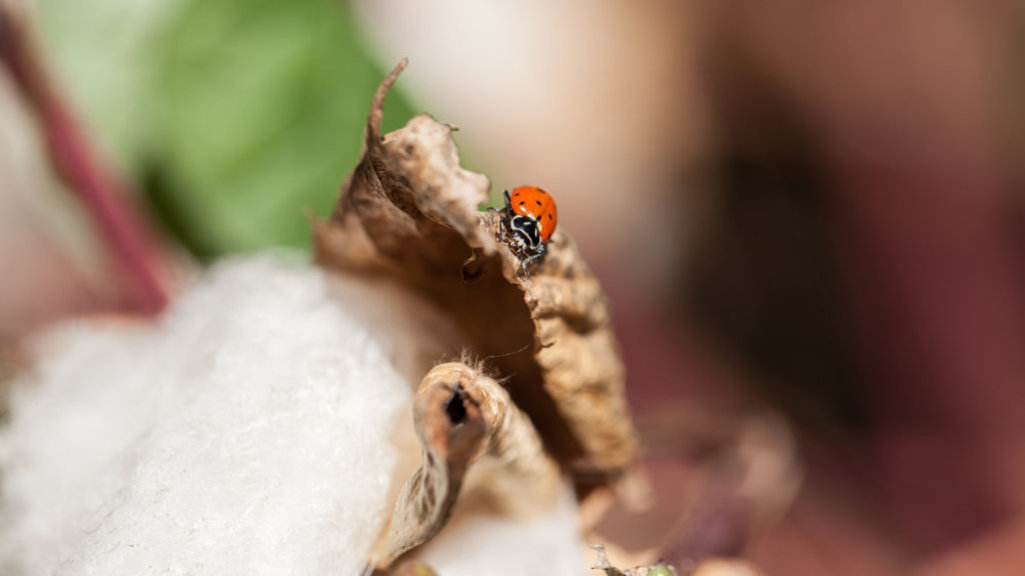Longevity over rigid quotas

Organically produced cotton for long-lasting products. ©Cotonea
Find out how Cotonea is tackling the challenges of the circular economy and why quality and durability are more important than rigid recycling quotas.
Sustainability is becoming increasingly important for the textile industry and is reflected in legislative projects. The circular economy is a much-discussed topic. But there are gaps between theory and practice. Roland Stelzer, Managing Director of Cotonea and pioneer in the production of organic cotton textiles, classifies the situation:
The EU strategy for sustainable and recyclable textiles stipulates, among other things, that textile products should be durable and recyclable, which we welcome. In addition, they should be made largely of recycled fibres. Through the Ecodesign Regulation, the EU wants to achieve a higher mandatory recycled fibre content. We firmly reject such a minimum quota that applies across the board to all products: High-quality and durable products are more sustainable than shorter-lived products with a prescribed recycled content.
The complexity of textile production
The intention to keep raw materials in a closed cycle and thus minimise environmental pollution is undoubtedly worthwhile: products should be designed - and processed! - in such a way that their raw materials can be reused at the end of their life cycle without any loss of quality. Otherwise we are talking about downcycling. The reality of textile production is complex: textiles are often made from several raw materials. Three fundamentally different types of fibres are used: natural fibres such as cotton or wool, synthetic fibres synthesised from petroleum and cellulose fibres produced from natural cellulose in a complex chemical process.
These textiles are also dyed and equipped with functions. Chemical substances that bind to the fibres or filaments are used for this. In ready-to-wear, accessories such as zips or appliqués are added, which are made of other materials with different properties.
Recycling and its challenges
These multi-layered processes make it difficult to guarantee a closed cycle in which the raw materials do not lose quality. Cotton fibres, for example, cannot be recycled in such a way that a high-quality product is created from them again. Synthetic fibres like polyester - apart from the problem that they are based on crude oil - also introduce microplastics into the environment. Whether they are recycled or not.
Depending on the type and mix of fibres, recycling requires different processes: Mechanical, thermal and chemical or a combination of these. These also consume energy and resources. Recycling is therefore not the most ecological solution across the board; this varies in each individual case.
Orientation to Cradle to Cradle approach
Cotonea bases its product development on the Cradle to Cradle approach. This differentiates between a biological and a technical cycle.
The focus is on high-quality organic cotton, which is grown and processed according to the most demanding ecological standards and traded fairly.
We rely on ecologically degradable dyes and auxiliaries as well as accessories made of natural materials such as stone nut buttons. In addition, great emphasis is placed on high quality in the processing of organic cotton products from fiber blending, yarn production and surface formation to finishing and the finished textile. This ensures a long service life.
Pioneering decision for the future
The crucial question is: Do we want long-lasting products or do we want to continue producing low-quality disposable products like those produced by the fast fashion system - now made of recycled fibers? Cotonea would like to see appropriate, scientifically based proposals from politicians and not a lump sum mandatory quota for recycled fibers.
Source: This article appeared in issue 3/23 of textile network.
Further info at https://textile-network.de/de/Business/Neue-Ausgabe-textile-network-3-23